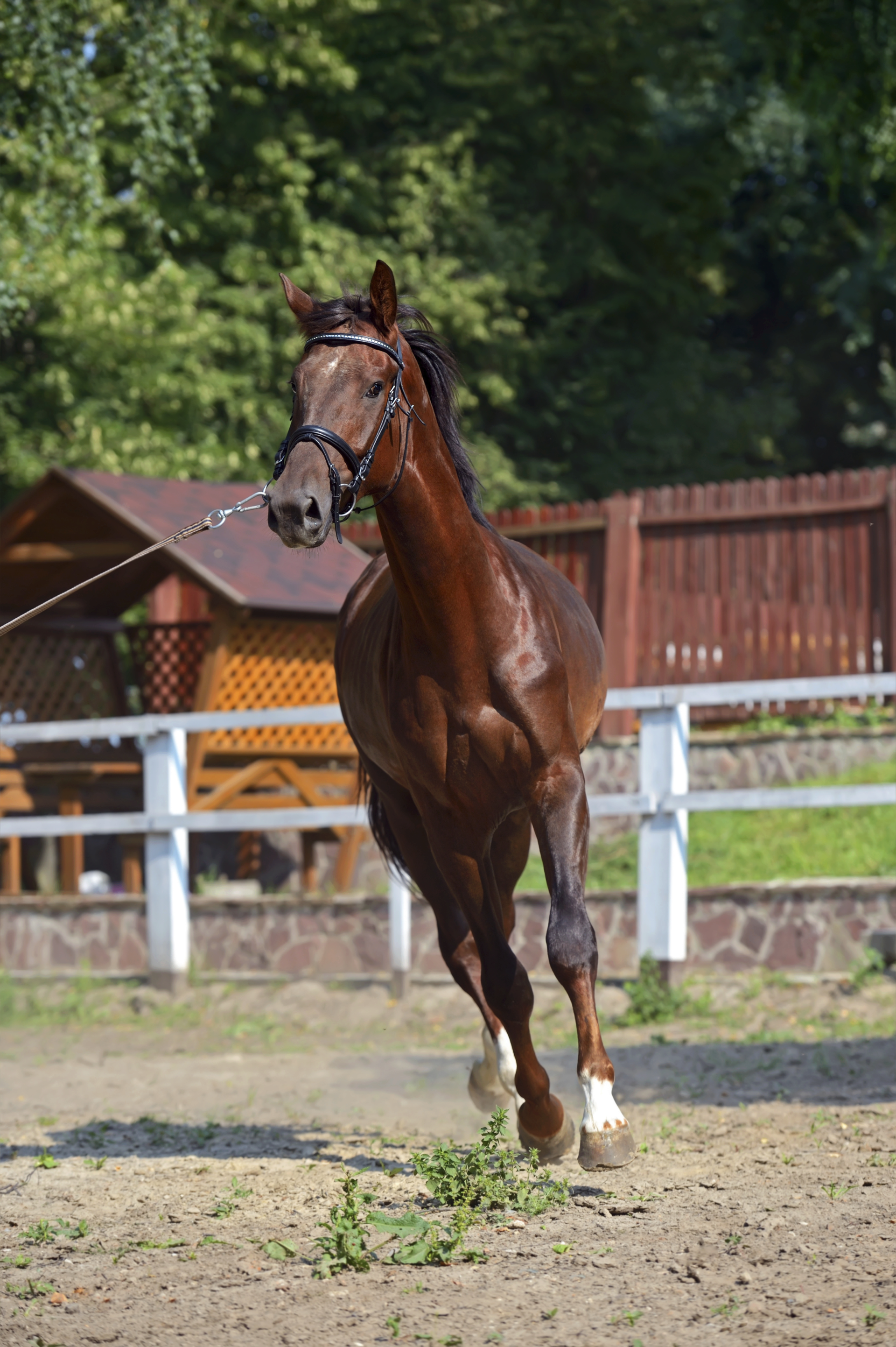5 Tips for Starting Young Horses

Olympian Adrienne Lyle shares her secrets to success when it comes to working with young horses.
Young horses are an important part of dressage rider Adrienne Lyle's success in the international competitive arena. The Olympian excels at training young horses. Her approach creates competitive horses that are responsive and happy to work. She strives to instill a good work ethic in her horses so that they are willing partners for many years.
It takes time and patience to teach a horse all of the cues necessary for advanced dressage movements. The process is involved, but Adrienne identifies the five aspects she believes are most important when working with young horses.
1. Be Clear. Make sure that the horse has a clear understanding of what every aid means. That means riders must be precise with the cues they give. Riders need to spend as much time developing their own skills as they do teaching the horse. Ideally, the rider should have the skills to recognize when a horse's response to the cue was correct or not. Doing so allows the rider to quickly correct or reward the horse's effort.
2. Keep it simple. Minimize the amount of information given to the horse until it is confident with the aids it has been taught thus far. Teaching too many cues at once can frustrate a horse. Keeping it simple nurtures confidence, which encourages the horse to try harder the next time.
3.Think like a horse. Horses have emotions too. Try to place yourself if your horse's shoes and think about how he would interpret what you're asking. Most times, horses don't want to make mistakes. Disobedience is often the result of confusion or frustration. Take a second and stop to think about what the horse is misunderstanding and why, so you can better explain it to them. Don't let your feelings of frustration bubble over. Sometimes it's better to take a short break and come back after you've had time to think things through.
4. Keep work sessions short. Set specific goals that are small enough to accomplish in each training session. Never let the horse get to a point where they are too tired physically to be able to do what you’re asking.
Pushing a young horse too hard for too long is the fastest way to create resistance and to make a horse stop trying. The horse must learn to trust the fact that the rider will never ask more of them than they are physically capable of delivering at that moment. A young horse must also learn that if they focus and try hard, they will not be drilled. When the horse believes this, they will willingly try to do whatever the rider asks of them
5. Make training fun. Change up the exercise routine. Hack them out, expose them to different things, and let them gain confidence in their rider in all sorts of situations. Be your horse’s cheerleader and make them feel proud of themselves when they do something right.

